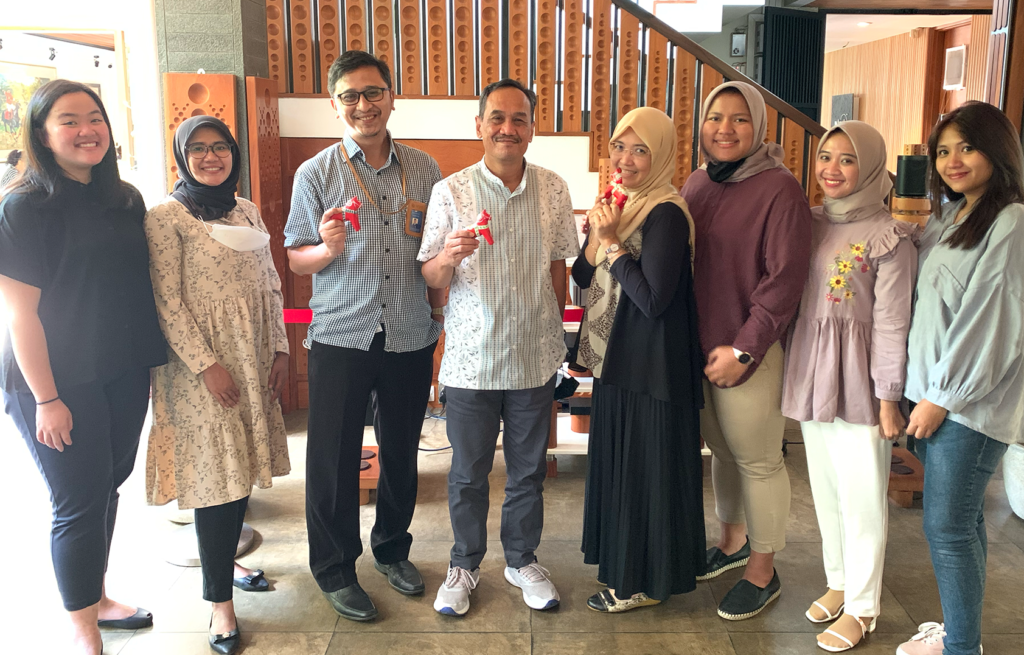22 July 2022
Doctors positive about the upcoming study in Indonesia
Brighter’s upcoming user pilot in Indonesia is set to start. We spoke with some of the supervising doctors about the state of diabetes in the country, including the challenges for patients and caregivers – and how Brighter’s Actiste® solution might potentially help.

We spoke with Dr. Octo Indrajaja, endocrinologist at RSUD Al Ihsan, and the research assistants Dr. Erika Indrajaya and Dr. Fitri Karimah who are responsible for potential participants and to enroll them in the study that takes place at the BMC Mayapada hospital and RSUD Al Ihsan.
Indonesia is facing a lot of challenges with its diabetes care. According to the research assistant, Dr. Fitri, the country is ranked fifth in the world in diagnosed cases. Undiagnosed case numbers are high too.
“There are a lot of challenges with diabetes care in Indonesia. One example is the many undiagnosed cases – we cannot start treatment for undiagnosed patients,” says Dr. Fitri.
The most significant problem though seems to be the absence of education for patients.
“The patient’s biggest challenge is probably education. Until now, a lot of diabetic patients who have been treated for years still don’t know much about their disease,” Dr. Fitri says. ”Their lack of knowledge can affect many things, such as their health-seeking behavior and compliance,” she continues.
Providing Actiste® to people with diabetes in Indonesia might open doors to more clinical insights, about patient’s diabetes management, and easier status checks for healthcare professionals.
“It’s a positive loop that makes patients take care of themselves better. This means fewer patients end up in critical condition, generating a more efficient healthcare system. This also makes health-care workers able to focus their attention on the things that matter,“ says Dr. Erika.
“When given more data, I think most health practitioners agree that they can make better recommendations for their patients.”
In Indonesia, many people with diabetes only measure their blood glucose levels at the country’s hospitals. This makes it hard for doctors to provide personalized treatment recommendations for patients. With the help of the data provided by the Actiste®, this could be mitigated in the future. The study sets out to evaluate this.
“When given more data, I think most health practitioners agree that they can make better recommendations for their patients,” says Dr. Erika Indrajaya.
Clinical insights provided by patients can aid decision-making for healthcare workers working with diabetes care. Expectations for the study are high.
“Hopefully we can decide whether the patient needs education about their disease or not after we get the data,” says Dr. Octo Indradjaja. “We get the ability to see if there is any difference in terms of compliance between insulin patients and oral medication-only patients.”
Find the latest articles from Brighter at Latest from us.
